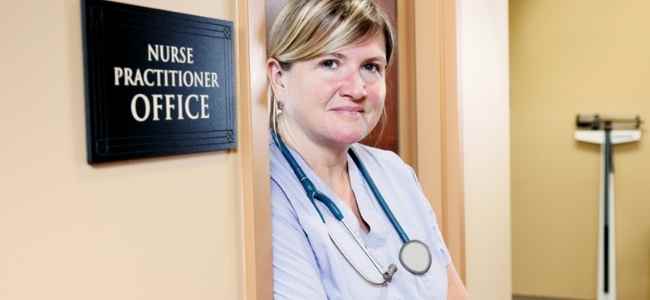Nurse Practitioners (NP) and Certified Registered Nurse Anesthetists (CNRA) are two of the most needed nursing specialties in the country. Registered Nurses receive post-graduate education and additional clinical practice to meet the criteria for such certification. Partida Corona Medical Center collaborates with many NPs and CRNAs who need to be aware of the new APRN compact that has recently been voted on.
The compact gives NPs and CRNAs the right to practice nursing in almost all American states without the need for further board certification. The rapid expansion of telemedicine and web applications offering healthcare services to patients during the pandemic has designated the need for such a compact. Here is what you need to know as an NP or CRNA about the APRN compact and its provisions.
APRN Compact May Save More Time And Funds For Patients And Practitioners
It’s easier to have an APRN compact when you are an RN relocating across the country. State lines are not a problem anymore for eligible nurse practitioners who can show their credentials to the local scientific boards. That is important for military families that relocate a lot due to their service needs and mandates.
In addition, nursing professors could obtain a valid nationwide license to teach without spending money and time for board exams. With the APRN compact, nurses are free to teach and work anywhere in the United States, which could alleviate the pressure from the nursing shortage.
Response To Medical Emergencies Could Be Faster With APRN Compact
The pandemic outbreak has revealed the American health system’s weak points. One of them has been the slow response of nursing staff mobility towards areas where medical emergencies need acute care. Before adopting APRN Compact, NPs and CRNAs were forced to take costly and time-consuming exams to be certified to work in certain jurisdictions.
It would take a Presidential Executive Order for FEMA to deploy nurses and medical staff to areas where the pandemic outbreak pushed the health system to its limits. No nurse would risk losing their license by working in a state where they had no board permission. With the APRN compact, the local healthcare emergencies community could ask for help and have many nurses filling in the gaps to ensure public health in the affected spots.
Providing HealthCare Services To Americans Living In Remote Areas
Almost 10% of the American population lives in towns or villages that are isolated. Healthcare professionals need to drive for hours to reach patients and offer them adequate services. Today, the APRN compact is a new revolution in telemedicine. It gives NPs and CRNAs the right to have a teleconference with patients living in distant states. That gives them the chance to assess their medical status and decide if they need further medical care and transfer to a hospital.
There is no legal requirement for nurses to have a license in the states their services are offered. A nurse in New York could start a teleconference with a patient in Montana. The APRN compact covers all health practitioners who may not hold a license for other jurisdictions. That gives the system extra flexibility to assign all the healthcare resources to underserved areas.
APRN Compact Unifies The Malpractice Legislation
States have different healthcare malpractice laws and variable statutes of limitations to file a claim. With the introduction of the APRN compact, state legislators are required to unify their malpractice laws and ensure that all nurse practitioners have the same disciplinary actions against them no matter where they work.
That’s a great milestone for the healthcare industry and a historic reform. It’s the first time in US Healthcare history that a national database of malpractice offenses has been created from scratch. That means no healthcare professional practicing in various states could have a different punishment for malpractice under the APRN compact.
NPs and CRNAs who work in distant places using the APRN compact benefits could improve the average health level of the US population. Especially people with limited health insurance coverage could massively benefit from the APRN compact since they could enjoy access to healthcare services that would otherwise be impossible for them. The current pandemic has designated the necessity to vote for greater legislation in the health sector, leaving health professionals to move freely around the country. The use of new technologies makes it essential to have the freedom to consult and treat patients no matter where they reside. As a result, the APRN compact is the cornerstone of improving the national health level.


